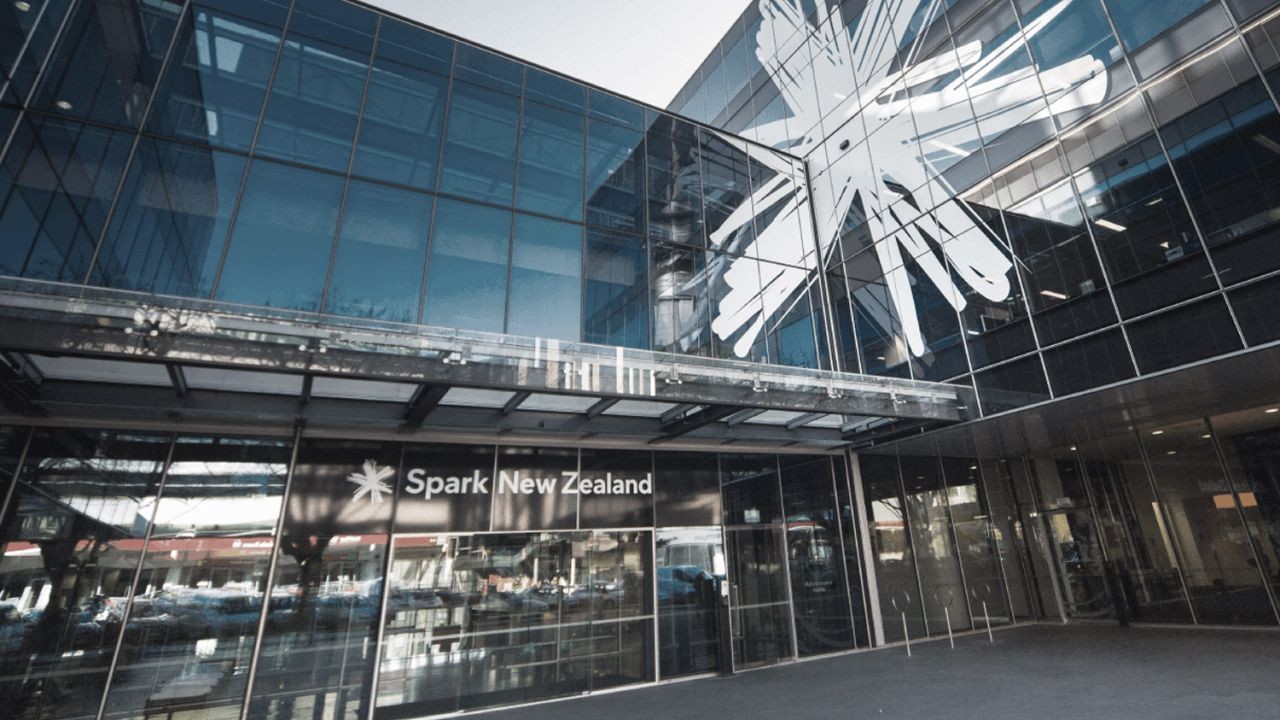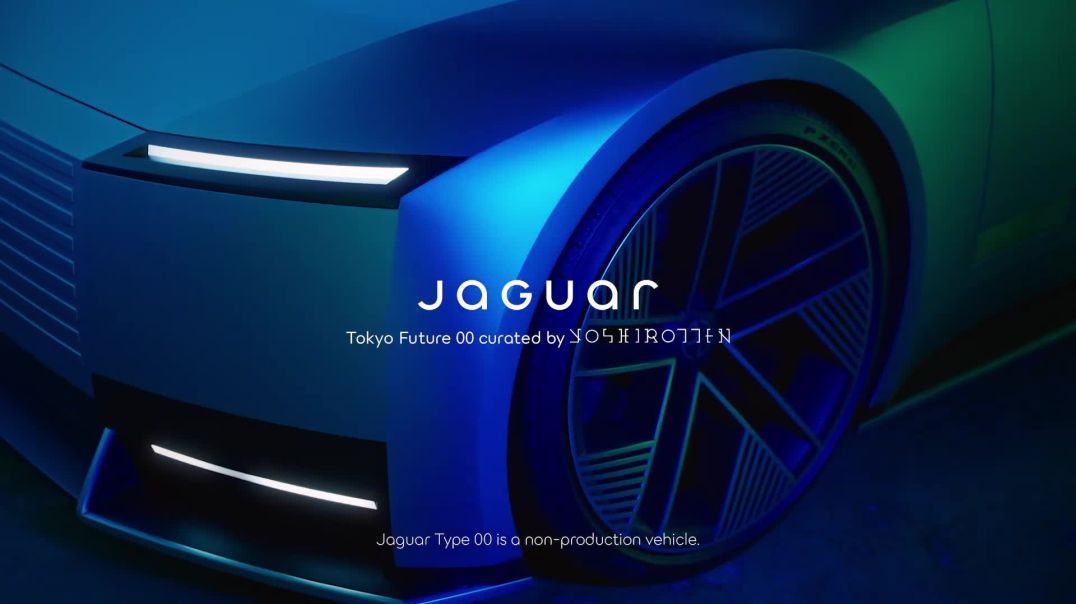Did you know that in New Zealand, social media usage has surged by over 15% annually since 2019, with platforms like TikTok and Instagram leading the charge? As digital connectivity becomes an indispensable part of Kiwi life, understanding the future trajectory of social media is crucial for businesses and policymakers alike. With the rise of sustainability concerns and digital transformation, New Zealand must navigate these changes strategically to harness the potential of social media while addressing its challenges.
Understanding the Social Media Landscape in New Zealand
New Zealand's social media landscape is unique, shaped by its geographical isolation and a tech-savvy population. According to Stats NZ, 92% of New Zealanders are active internet users, and over 81% engage with social media platforms regularly. This high engagement rate provides a fertile ground for businesses to connect with consumers in innovative ways.
Impact on Local Businesses
For Kiwi businesses, social media offers unparalleled opportunities for growth and customer engagement. A report by MBIE highlights that small to medium enterprises (SMEs) utilizing social media marketing saw a 20% increase in customer acquisition compared to those who did not. However, the challenge lies in crafting authentic and sustainable content that resonates with New Zealand's diverse cultural fabric.
Emerging Trends Shaping the Future of Social Media
As we look to the future, several key trends are poised to reshape social media's role in New Zealand:
- Increased Focus on Sustainability: As environmental concerns grow, platforms that promote sustainable practices and businesses that align their social media strategies with eco-friendly values will likely gain traction.
- Augmented Reality (AR) Integration: AR technologies are set to revolutionize user engagement by offering immersive experiences. In New Zealand, tourism and retail sectors can leverage AR to enhance customer interactions.
- Data Privacy and Security: With rising concerns over data breaches, social media platforms must prioritize robust data protection measures to maintain user trust.
Case Study: The Rise of TikTok in New Zealand
Problem: Traditional advertising methods were losing effectiveness among younger demographics.
Action: Brands like Air New Zealand adapted by launching creative TikTok campaigns targeting Gen Z, using trending challenges and influencers.
Result: These campaigns led to a 35% increase in brand engagement and a significant boost in their youth customer base.
Takeaway: Embracing new platforms and trends can drive substantial engagement, particularly with younger audiences.
Data-Driven Insights and Predictions
According to a 2023 report by the Reserve Bank of New Zealand, digital advertising expenditure is expected to grow by 25% annually, with social media accounting for a significant portion. This trend underscores the importance of strategic investment in digital marketing for sustained business growth.
Comparative Analysis: New Zealand vs. Global Trends
Globally, social media platforms are becoming more integrated with e-commerce functionalities, a trend that is slowly gaining traction in New Zealand. The integration of shopping features on Instagram and Facebook has allowed businesses to directly connect with consumers, driving increased sales. However, New Zealand's regulatory environment, which emphasizes consumer protection, may necessitate adaptations in how these features are implemented locally.
Challenges and Opportunities
Pros and Cons of Social Media Adoption
Pros:
- Enhanced Customer Engagement: Social media allows for direct interaction with consumers, fostering loyalty and brand advocacy.
- Cost-Effective Marketing: Compared to traditional advertising, social media offers a more affordable way to reach a broad audience.
- Real-Time Feedback: Businesses can receive immediate feedback on products and services, allowing for quick adjustments.
Cons:
- Privacy Concerns: The potential for data breaches can undermine consumer trust.
- Constantly Evolving Algorithms: Changes in platform algorithms can affect content visibility and engagement unpredictably.
- High Competition: With many businesses competing for attention, standing out requires innovative strategies.
Debunking Common Myths
Myth: "Social media is only for young people."
Reality: Stats NZ reports that 68% of New Zealanders aged 55 and above use social media, indicating its broad demographic reach.
Myth: "More followers mean more success."
Reality: Engagement rates are a more critical metric, as higher interaction often leads to better conversion rates.
Myth: "Social media marketing is free."
Reality: While creating an account is free, effective campaigns often require substantial investment in content creation and advertising.
Future Outlook and Strategic Recommendations
Looking ahead, New Zealand businesses should focus on integrating sustainability into their social media strategies, leveraging data analytics for targeted marketing, and exploring emerging technologies like AR and AI for enhanced customer experiences.
Conclusion and Call to Action
The future of social media in New Zealand is rich with potential, yet fraught with challenges. As platforms evolve, businesses must remain agile, adapting to new trends while maintaining authenticity and customer trust. Are you ready to embrace these changes and lead the way in digital innovation? Share your thoughts and strategies for the future of social media in the comments below!
People Also Ask (FAQ)
- How does social media impact businesses in New Zealand?NZ businesses leveraging social media report 25%+ higher customer retention, according to MBIE. Adopting this strategy can enhance engagement and revenue.
- What are the biggest misconceptions about social media in New Zealand?One common myth is that social media is only for young people. However, Stats NZ shows that 68% of Kiwis over 55 engage with social media.
- What are the best strategies for implementing social media in New Zealand?Experts recommend starting with authentic content, followed by leveraging data analytics, and ensuring alignment with sustainability values for long-term success.
Related Search Queries
- Future of social media in New Zealand 2023
- Social media trends in New Zealand
- Impact of social media on New Zealand businesses
- Social media marketing strategies for Kiwi businesses
- Augmented reality in New Zealand social media
- Sustainable social media practices in NZ
- Data privacy concerns in New Zealand
- Social media engagement in New Zealand 2024
- How TikTok is changing marketing in New Zealand
- Best social media platforms for New Zealand businesses































EnolaneDum
7 months ago